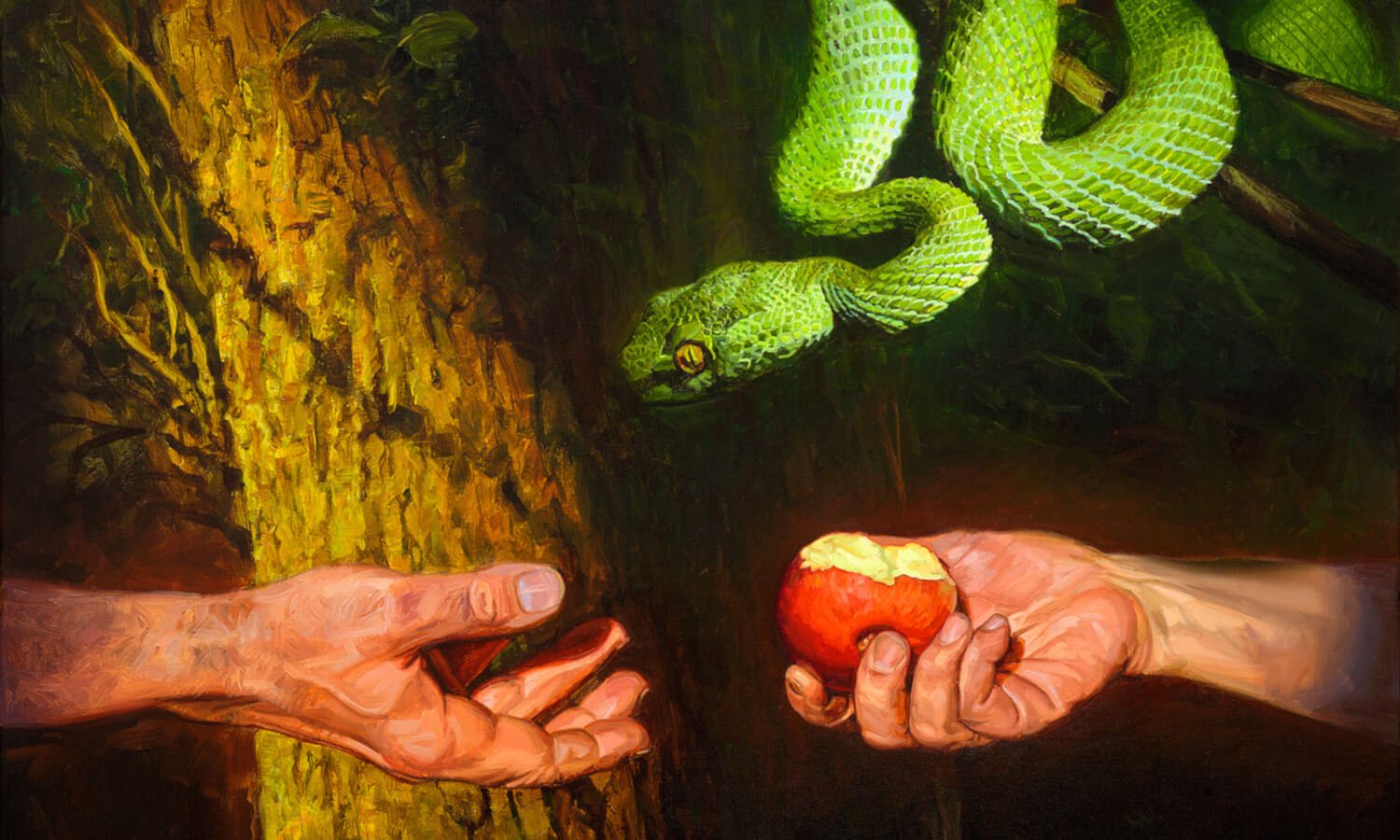
The earth was ideal when it was made by God. “God saw everything that he had made, and behold, it was very good,” the Bible says in its opening chapter. (See Genesis 1:31). It is evident, therefore, that the modern world is not without its share of evils. We must go all the way back to the beginning of recorded human history in order to comprehend where these originate from.
A special position
The Bible’s opening three chapters contain a number of significant themes. We discover that God exists in chapter 1. It is also evident that He is the all-powerful Creator of everything. Above all, Genesis 1:26-27 teaches us that He made man in His image. This essentially indicates that man is unique from the other members of creation. We are intellectual, moral beings destined to represent God on earth (Colossians 3:10; Genesis 1:28; Ephesians 4:24). This implies that, in contrast to animals, humans and God have a special bond. The Scriptures make this quite apparent. God offers Adam a unique command in Genesis 2:
“You may freely eat from any tree in the garden, but you shall not eat from the tree of the knowledge of good and evil, for on the day that you eat from it, you will surely die,” the LORD God ordered the man. Genesis 2:15–17
It should be evident that disobeying God’s command results in death, both spiritually and physically.
The snake
This is what happens in Chapter 3, when Eve, Adam’s wife, is tempted to sin by the serpent. Scriptures later written identify this serpent as Satan or the Devil (Revelation 12:9; 20:2; see also John 8:44). Although the snake’s appearance isn’t described in the Bible, there’s no reason to think it was any different from modern snakes. We ought to consider this account to be literal and factual, notwithstanding the opinions of some who believe it is poetic or parabolic and does not accurately reflect historical events.
For example, Adam is considered a historical person in Luke 3:38 and Romans 5:12–14. It would be a challenge to the whole of Scripture to dispute the historicity of this tale. Even if it appears odd to us that a serpent could converse in any way with a person, we have to accept God’s word as true. Furthermore, according to Mark 5:9–13, we do know that demons—fallen angels, with Satan serving as their leader—can take up residence in animals.
The temptation and fall of mankind
In any case, we find here in Chapter 3 the temptation and Fall of mankind. The serpent begins by bringing doubts into Eve’s mind, as well as misquoting God (Genesis 3:1). Eve responds by correcting the serpent. The serpent then outright denies God’s word and essentially calls Him a liar: “You surely will not die!” (Genesis 3:4). The serpent basically brings into question God’s generosity and blessing, making it appear that God is holding back true quality and fullness of life. The serpent asserts that if Eve eats the fruit she will be like God. The irony in this is that man was created in the image and likeness of God. What more could they ask for!? Further, God instructed them to rule over the earth, including the animals (Genesis 1:28).
Here, however, the animal (serpent) is ruling over and influencing man. It appears that the serpent was tempting them to try to become equal with God, to overthrow God’s reign and rule themselves. Though this is not attainable, it is certainly what man attempts by denying the existence of God and seeking to live by their own rules. Next, Eve noticed that the forbidden fruit was good for food, it was a delight to the eyes, and the tree could make one wise. By her fleshly desires she ate the fruit and then gave to her husband (Adam), and he ate (Genesis 3:6). In short, this resulted in their spiritual death (sinful nature and separation from God; Genesis 3:8-13), as well as their physical death, though delayed (Genesis 5:5).
The sin of eating the fruit
It is crucial to remember that consuming the fruit was not intrinsically illicit. Instead, it became a set law that man had to follow when God told him not to consume it. Like any sin, this one is grave since it violates God and His rule (Psalm 51:4; 1 John 3:4).
The promise of a Savior
Following Adam, all people are born with a wicked nature and live in opposition to God and His ways because of Adam’s transgression (Psalm 51:5, Mark 7:20–23, Romans 5:12, Ephesians 2:1–3). But God promised Adam and Eve that a Savior would come to undo Satan’s work (Genesis 3:15). Jesus Christ was the fulfillment of this promise many millennia later. For instance, Colossians 2:6–15 tells us that Christ overcame Satan’s work through the cross and that life is found in Him for those who are linked to Him by faith (cf. Romans 6:23).
Summary
Thus, evil and sin entered the world when Satan tricked the first humans into committing sin, and ever since, all people have been born as sinful beings subject to God’s just punishment. They need a Savior, and this Savior is Jesus Christ, who on the cross took our sin and punishment in full obedience to God’s will. He triumphantly conquered sin and death by rising from the dead. Salvation is guaranteed to those who turn from their sins and put their faith and confidence alone in Christ!
Thanks to GospelImages for the painting.





